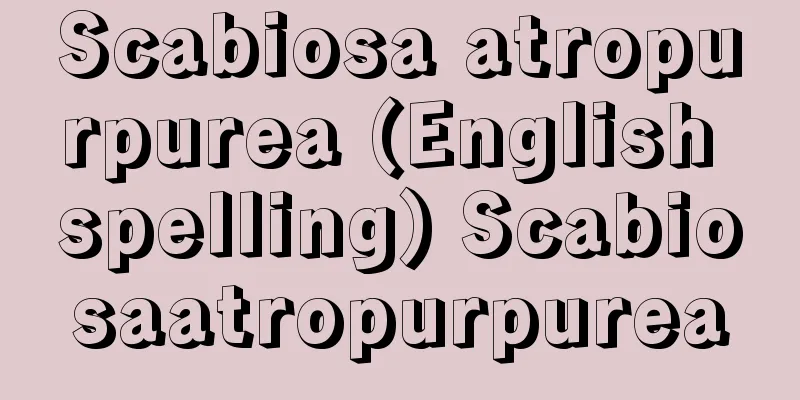Extortion crime

|
It is a crime to threaten another person to hand over property, or to obtain or allow another person to obtain unlawful financial benefits (Article 249 of the Penal Code). Extortion is to make the other person feel fear and to make them dispose of property with a defective intention (a will forced by fraud or duress). Therefore, if the means used are violence or intimidation to the extent that it suppresses the other person's resistance, it can no longer be said that there is an act of disposition = intention, so it is not a crime but a crime of robbery. In this way, extortion is the same crime as fraud in that it makes the other person dispose of something with a defective intention. However, in terms of the means of causing the other person to have a defective intention, extortion causes the other person to feel fear, while fraud causes the other person to make a mistake by deceiving them (making them believe false facts), so the two crimes are different. By the way, there is a debate as to whether the crime of blackmail can be established even when blackmailing means are used to exercise rights. For example, this would be the case when a creditor blackmails a debtor in order to collect a debt. On this point, the prevailing view and precedents affirm the establishment of this crime by invoking the legal maxim that "the means do not justify the end." However, there is also a view that since it is an exercise of a debt, it cannot be a property crime, and that at most the means of blackmail are punishable to the extent of assault or intimidation. [Tetsuro Nawa] [Reference] | | |Source: Shogakukan Encyclopedia Nipponica About Encyclopedia Nipponica Information | Legend |
|
他人を脅して財物を交付させたり、財産上不法の利益を得、または他人にこれを得させる罪(刑法249条)。恐喝とは、相手に恐怖心を抱かせ、その瑕疵(かし)ある意思(詐欺、強迫によって強いられた意思)により財産的処分行為をさせることである。したがって、相手の反抗を抑圧する程度の暴行・脅迫を手段とする場合は、もはや処分行為=意思があるとはいえないから、本罪ではなく強盗罪にあたる。このように、恐喝罪は、相手の瑕疵ある意思による処分行為をさせる点において、詐欺罪と罪質を同じくする。しかし、相手に瑕疵ある意思を生じさせる手段において、恐喝罪は相手に恐怖心を抱かせるのに対して、詐欺罪の場合には欺罔(ぎもう)(虚偽の事実を信じさせること)により錯誤を生じさせる点で両罪は区別される。 ところで、恐喝罪は、権利行使のために恐喝手段を用いた場合にも成立しうるかが争われている。たとえば、債権者が債務者から債権を取り立てるため恐喝した場合がそれである。この点につき、通説・判例は「手段は目的を正当化しない」という法格言を援用して、本罪の成立を肯定するが、債権行使である以上財産犯は成立しえないとして、せいぜい恐喝の手段が暴行罪または脅迫罪の限度で処罰されるにすぎないと解する見解もある。 [名和鐵郎] [参照項目] | | |出典 小学館 日本大百科全書(ニッポニカ)日本大百科全書(ニッポニカ)について 情報 | 凡例 |
<<: Kyokabanashi - Kyoka stories
Recommend
Peri - Peri (English spelling) Jacopo Peri
Italian composer, singer, and instrumentalist. He...
incubation
…It is widely known that dreams played a substant...
Mannhard, W.
…His major work, The Family of the Ancient Latvia...
Bauera rubioides Andr.
An evergreen shrub of the Saxifragaceae family. It...
Symmetrical equation
Polynomials in two or more n variables X 1 , …, X...
Acalypha hispida (English spelling)
… [Takabayashi Masatoshi]. … *Some of the termino...
Impoverishment theory debate
The theory that the development of a capitalist e...
taxicab
…Abbreviation for taxi cab. The legal name for a ...
Chanson
In French, it means "song." In music his...
Fujimori Koan
1799-1862 A Confucian scholar in the late Edo per...
Reductive elimination - Kangentekidatsuri
A reaction in which two groups bonded to a metal ...
Co-ownership - Share of property
…There are common areas that are natural in natur...
Johnston, D.
Other playwrights with a strong connection to the...
Swallow - Tsubame
[1] (noun) 1. A general term for birds of the swal...
Abe River alluvial fan
…The Shimizu Plain, which spreads along the Tomoe...

![Kimitsu [city] - Kimitsu](/upload/images/67cb57080f2de.webp)







